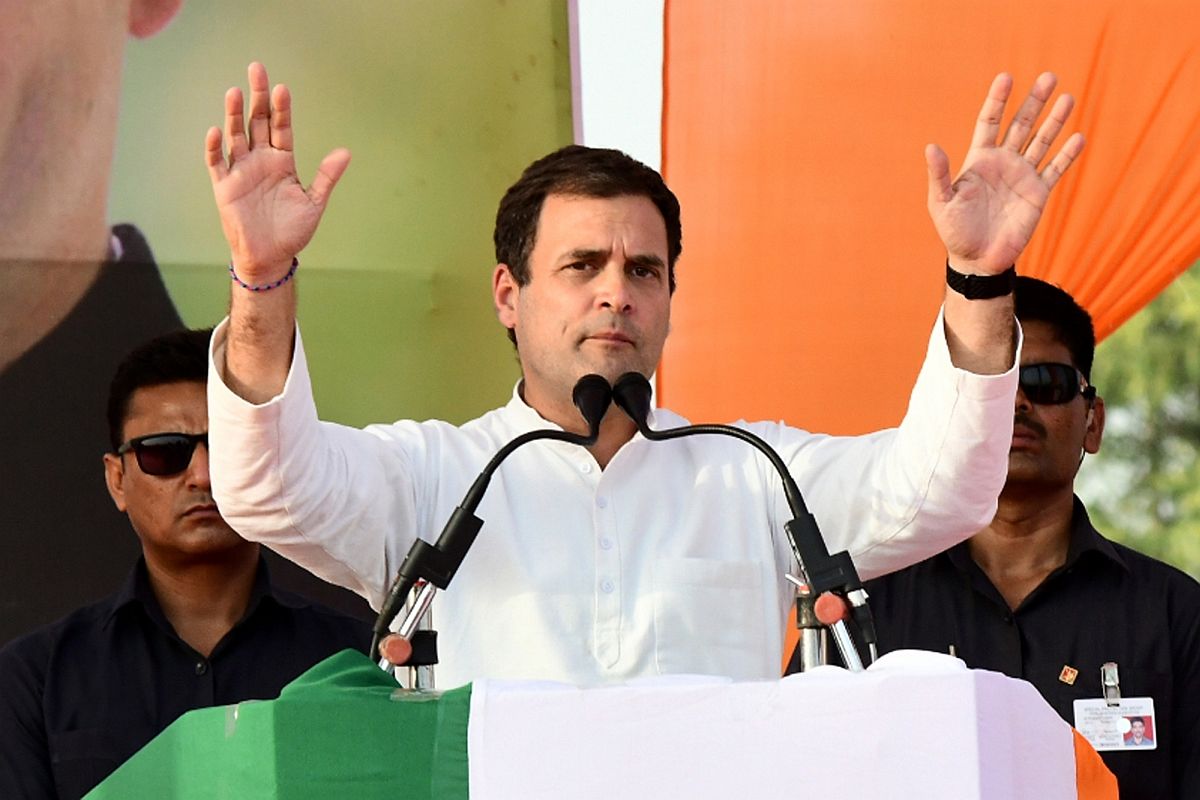Congress leader Rahul Gandhi on Monday reiterated Congress’ apprehension on the Regional Comprehensive Economic Partnership agreement (RCEP) and said that the proposed RCEP agreement which India is discussing with the Association of Southeast Asian Nations (ASEAN) would flood the country with cheap goods and lead to millions of job losses.
He also took a dig at Prime Minister Narendra Modi’s ‘Make in India’ initiative, saying it had turned into a scheme to “buy from China”.
Gandhi took to Twitter and said, “Each year we import Rs. 6,000/ worth of goods from China for every Indian! A 100% increase since 2014. #RCEP will flood India with cheap goods, resulting in millions of job losses & crippling the (Indian) economy.”
The Congress has opposed the RCEP agreement and said that any trade agreement with China is not feasible in current economic situation. The party has already said that following this agreement Indian market will be flooded by foreign goods.
Congress president Sonia Gandhi too earlier slammed PM Narendra Modi on RCEP issue on Sunday on the same issue.
The RCEP is unlikely to be concluded any time in the near future because of lack of consensus among the countries negotiating the free trade agreement.
Regional Comprehensive Economic Partnership (RCEP), a mega regional free trade deal backed by China is unlikely to be signed this year as India raises new demands during negotiations at a meeting in Bangkok.
The 16-country Regional Comprehensive Economic Partnership – known as the RCEP – would be the world’s largest trading bloc when operational, spanning India to New Zealand, including 30 per cent of global GDP and half of the world’s people.
According to reports, except India, all the 15 RCEP member countries are on board in finalising the deal.
A Thai spokeswoman said the deal is unlikely to be signed until February 2020 at the earliest.
“We don’t have a conclusion yet. Commerce ministers are still discussing outstanding issues. The signing is expected around February next year,” Thai government spokeswoman Narumon Pinyosinwat told reporters.
Earlier, leaders of the 10-member Association of South-East Asian Nations and six other nations, including India, had planned to announce a preliminary deal on Monday. The China-led deal is slated to cover one-third of the global economy.
India has put out new demands after opposition from industry and farmers.
As he left for his visit to Bangkok, Prime Minister Narendra Modi on Saturday that India will consider whether its concerns and interests in trade in goods, services, and investments are being fully accommodated when he attends the meeting of the Regional Comprehensive Economic Partnership or RCEP in Thailand.












